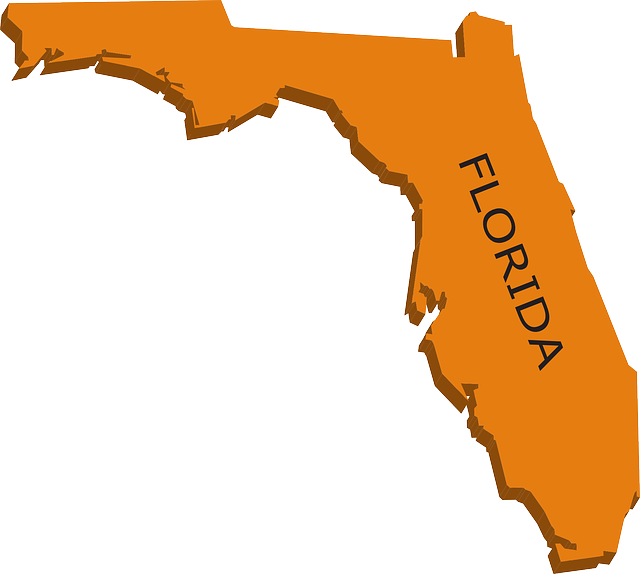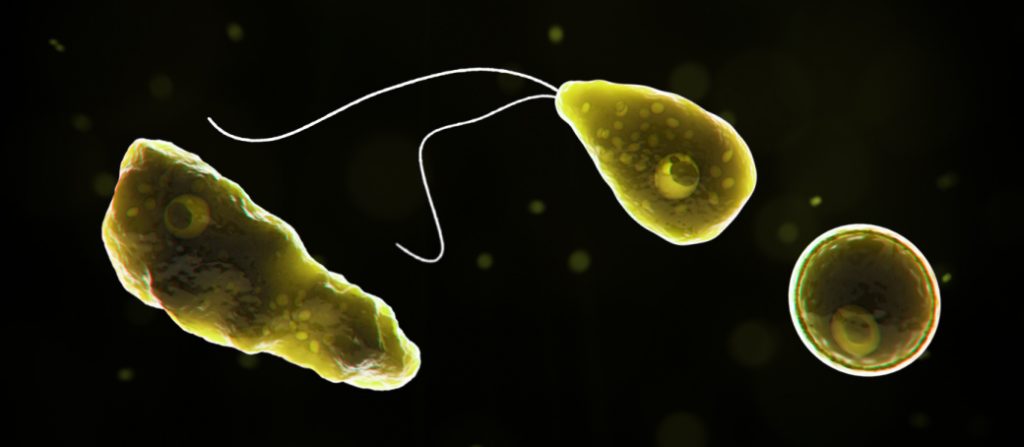The Florida Department of Health in Orange County is advising the public to take precautions when enjoying fresh water activities locally or when traveling abroad, especially swimming in warm freshwater lakes, hot springs, rivers, creeks and ponds to avoid Naegleria fowleri.

N. fowleri is a naturally occurring amoeba that can be found in any body of fresh water and in poorly maintained swimming pools and hot tubs. The amoeba is not found in salt water.
The amoeba can cause an infection known as primary amebic meningoencephalitis (PAM). Almost always fatal, the amoeba travels up the nose to the brain and spinal cord. This generally happens during activities such as swimming, diving, waterskiing or wakeboarding.
Infections usually occur when it is hot for prolonged periods of time, which results in higher water temperatures and lower water levels.
According to the CDC, from 1962–2020 their were 151 cases reported, 36, or 24% of the total cases were from Florida.
Although infections are rare, most prove to be fatal. Seek medical care immediately if you develop a sudden onset of fever, headache, stiff neck, and vomiting especially if you have been in warm fresh water within the previous 2 weeks.
People should always assume there is a low level of risk for infection whenever entering warm fresh water.
Below are some tips to help reduce your risk of infection.
- Avoid water-related activities in bodies of warm freshwater, hot springs, and thermally-polluted water such as water around power plants;
- Avoid water-related activities in warm freshwater during periods of high water temperature and low water levels;
- Keep your head out of the water, hold your nose shut or using nose clips when taking part in water-related activities in bodies of warm freshwater such as lakes, rivers, or hot springs; and
- Avoid digging in or stirring up the sediment while taking part in water-related activities in shallow, warm freshwater areas.






2 Comments